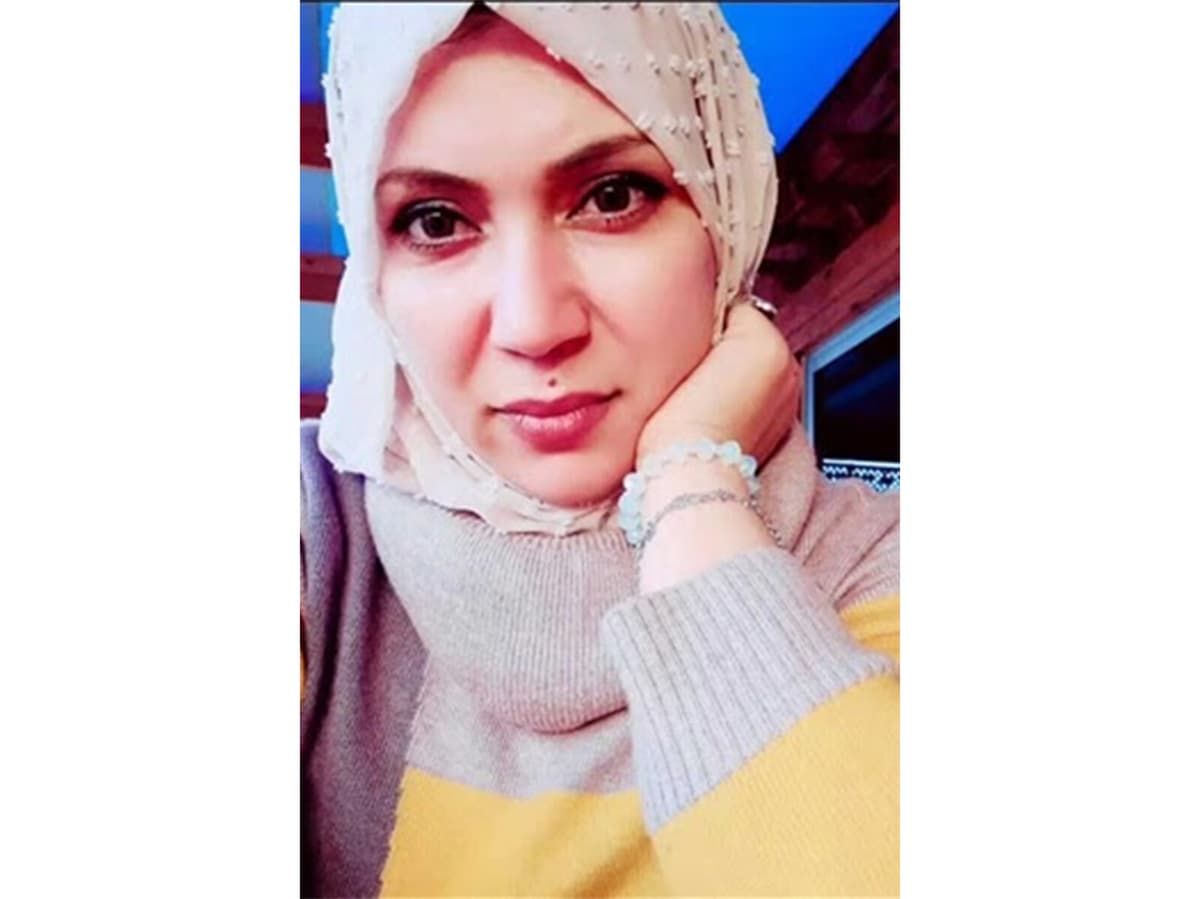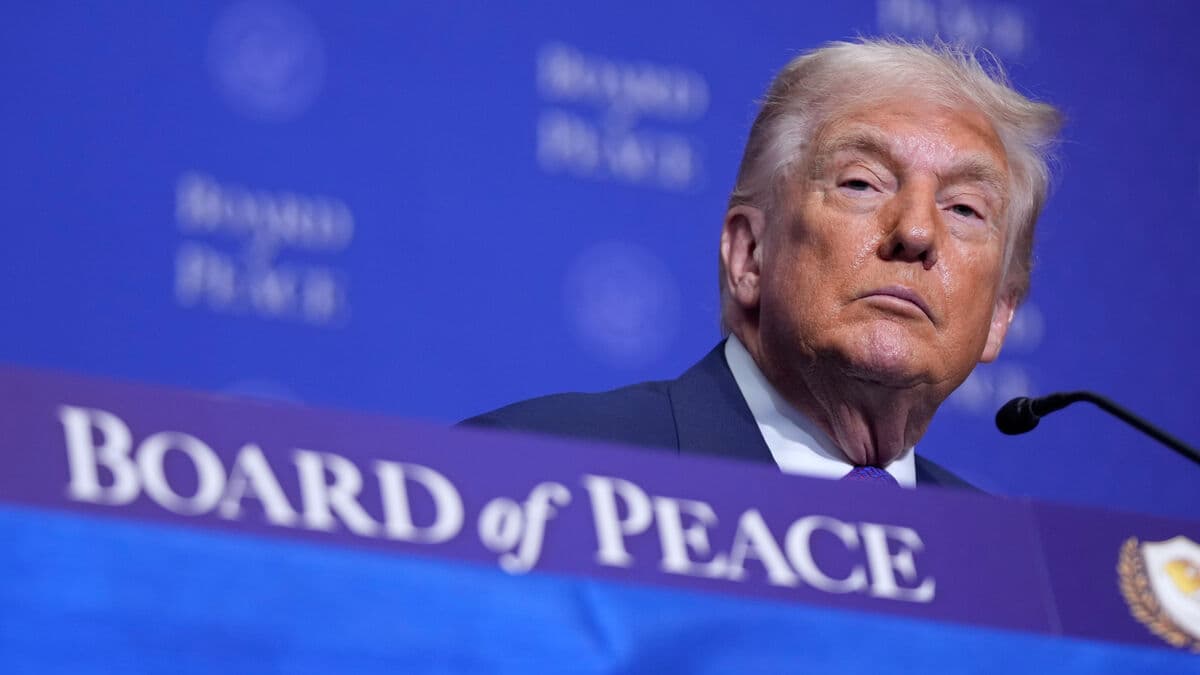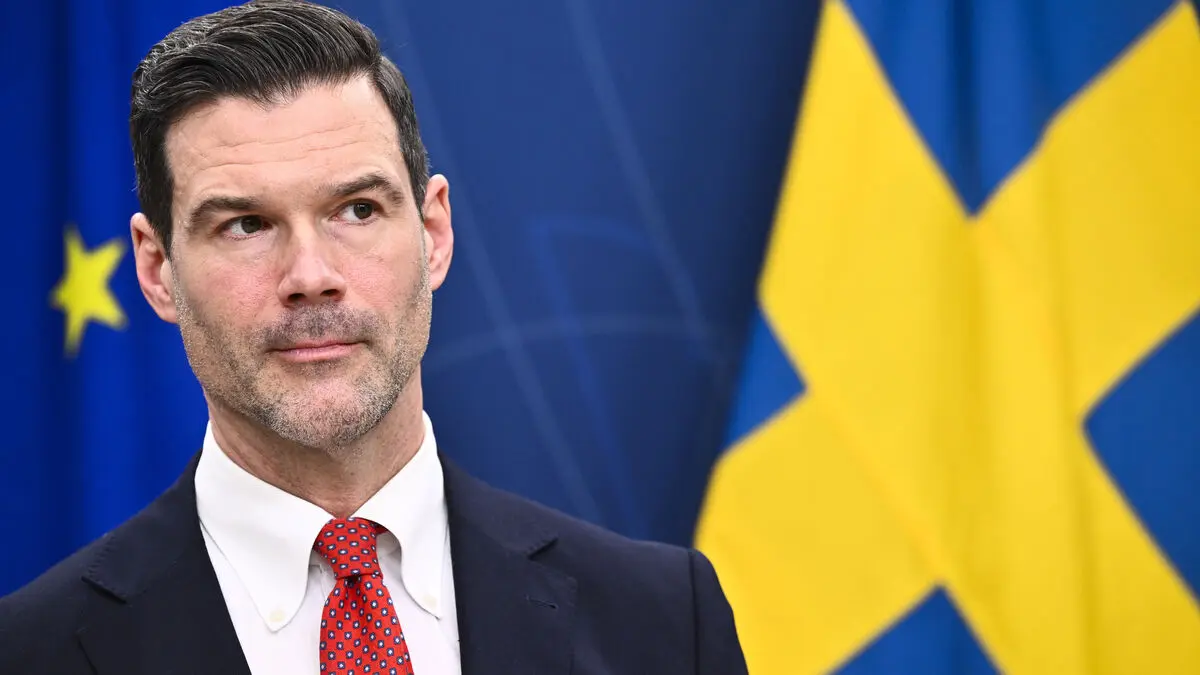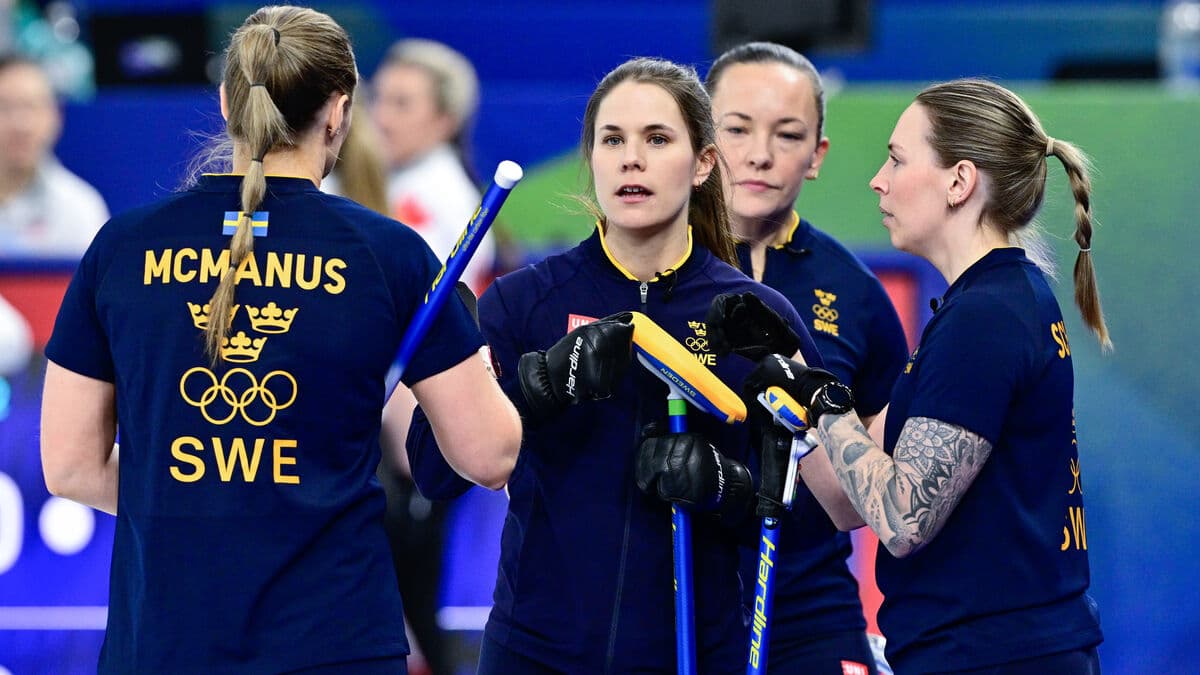After being forced to evacuate eleven times, author and social worker Nima Hasan, 45 years old, lives with six of her children in a tent in Deir al-Balah in central Gaza. She has published two novels and a epistolary novel and is "a respected literary voice in Gaza" says her Swedish translator Jasim Mohamed. Now she is posting her poems on Facebook.
I live with her daily, with her and her children. Her poems have a literary value that can illuminate the mental state, he says.
The first
Like in war-torn Ukraine, poets are the first to formulate themselves even in Gaza. Jasim Mohamed translates them to the magazine Ord&Bild's digital initiative "Prisma Palestina", but Nima Hasan's poems became a whole collection of poems, "The last butterfly".
This is written just before the bomb falls and just after, then it's not time to write the insignificant. It's literature, but more than literature. It's just like Paul Celan's and Primo Levi's poems, they are people who have survived the horrific, he says and adds:
Advertisement
But we don't know if they will survive.
After the outbreak of war in Gaza, the gaps in Palestinian literature are filled by poets such as Fady Joudah, Mosab Abu Toha and Somaya El Sousi – who live in the USA and Norway – but also this fall by Ghassan Kanafani's "Back to Haifa and other stories". Kanafani was killed in 1972 in an assassination by the Israeli security service, and is today a central figure in Arabic literature, says Johannes Holmqvist, publisher at Tranan.
Without writing political texts, Kanafani thematized loss and exile, he thinks.
It's also about the human, about the existential loss. Here there is dignity, it's not a black and white world, there are fine portraits even of Israelis.
Advertisement
One day
The decision to publish Nima Hasan was made by Lina Rydén Reynols at Albert Bonniers förlag the day after she read it. The book itself was finished in a record-fast three weeks.
I'm sorry to say it, but I think we, the world community, need to understand that Palestinians are human beings. And then these voices are incredibly important, she says and emphasizes that Nima Hasan portrays vitality – not survival.
Poetry can perhaps be written with very small means. But of course, I can't actually imagine what it's like to live under a genocide, it's hard to understand that Nima Hasan and others can write about this while they live it.
1. "Things you can find hidden in my ear" (2025) by Mosab Abu Toha whose poems deal with life in Gaza before October 2023. Abu Toha fled with his family from his home five days after the Hamas terror attack, two weeks later it was bombed to rubble. Now he lives in the USA. Earlier this year, he received the Pulitzer Prize in the category "commentary" for his essays about Gaza in The New Yorker. Leaving Gaza was one of his life's toughest decisions, he has said to NPR. 2. "The ghost in" (2024) by Isabella Hammad, British-Palestinian author, whose novel is about a Palestinian theater group that performs "Hamlet" on the West Bank.
3. The collection of poems [...] (2025) by the American-Palestinian poet Fady Joudah whose poems deal with war-torn Gaza. Already in the first poem, he declares that he writes to highlight "what is not hard to see" in a world that despite this does not see.






